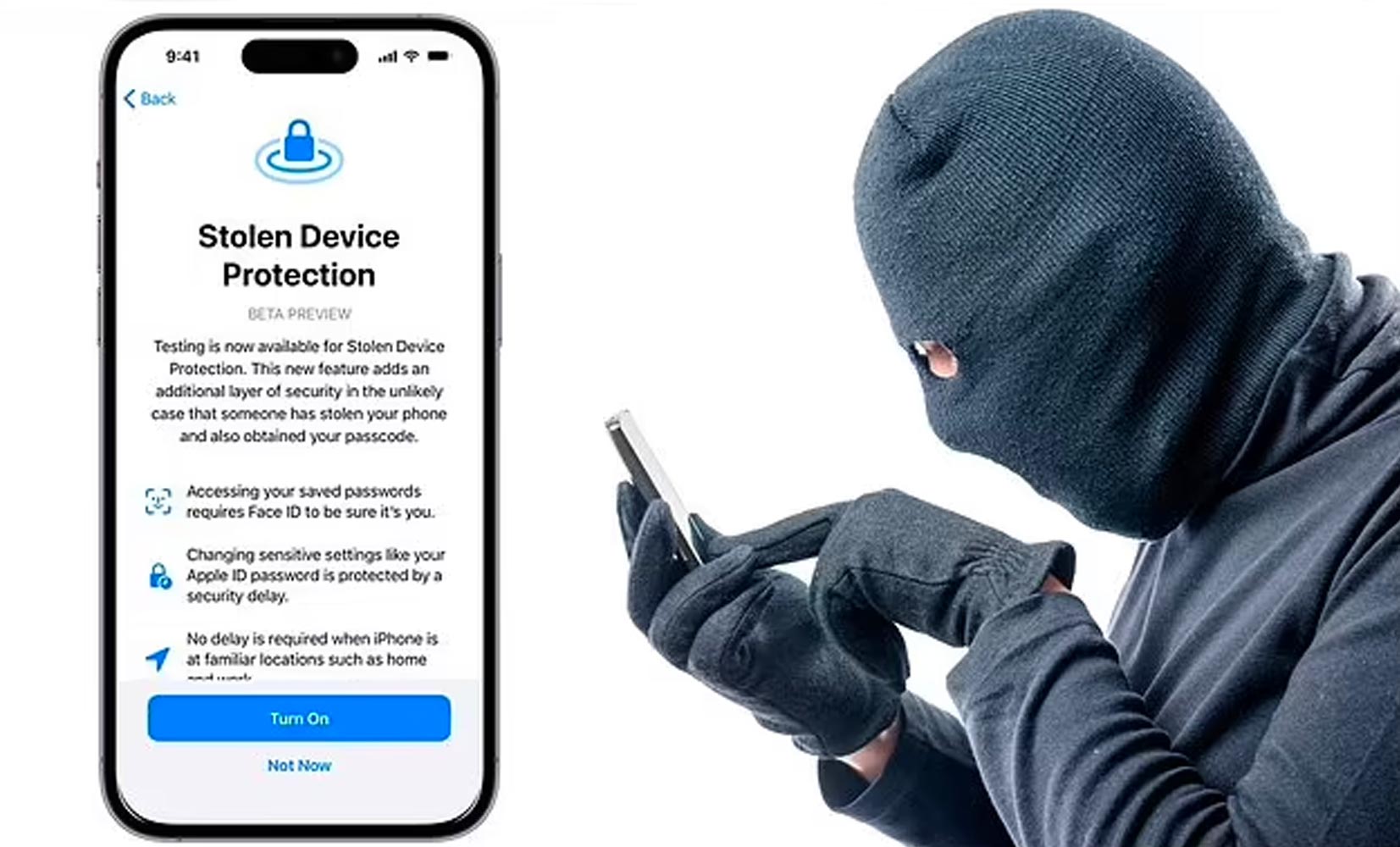How many times have you experienced internet downtime and have rebooted your router to fix it? It’s now second nature to us to unplug the router, wait ten seconds, and then switch it on again and miraculously see the internet working again.
Although the routers can seem very mysterious, you can use them to solve the problem if you know what’s wrong.
How Exactly Do Routers Work?
You can think of your router as a computer. Inside the modem are a CPU, local storage, and memory. Sometimes, like a computer, your router may experience a bug. This can be due to the CPU overheating or a memory leak or anything else. However, just like a computer, a router can be rebooted to make it run smoothly again. Although this doesn’t exactly solve the issue causing the downtime, it does fix it temporarily.
There are multiple reasons why your router needs to be rebooted. This can solve some minor issues. Sometimes, however, your internet does not suffer from any downtime at all for months. Even in such times, it is a good idea to reset your router periodically.
How Many Times Should We Reboot Our Router?
There is no exact answer to this question, although experts recommend resetting your router every couple of months, even if you experience no internet downtime. A reboot can fix internet connectivity issues, fix slow connections, and is one of the major troubleshooting options available to you at home.
Faster Connection
Periodically rebooting your router can give you a few major benefits. One of these benefits is that you’ll get a much quicker internet connection. That’s because your internet service provider assigns you a unique temporary IP address to each of your devices, which they can change at any time. If your router does not recognize the change, your connection can become very slow or drop altogether.
The same thing can happen if you have multiple devices connected to a single router. Therefore, resetting your router once in every two months can give you a speedier connection.
Prevent Hacking
Restarting your router, however, gives you even more benefits than getting a faster connection. It can actually prevent you from being hacked.
Last year, the FBI advised all homes and businesses to reset their routers after a threat from foreign hackers that impacted thousands of networks around the world. By using a malware called VPNFilter, these hackers were able to misuse the device, hack into private information, block network traffic and make some internet routes inaccessible.
The FBI recommended restarting your routers so that it could disrupt the malware. Cybersecurity experts also recommended users keep their firmware, like antiviruses, firewalls and administrative control up-to-date to prevent other hacking threats and to restart their router after every update.
Can Routers Really Prevent Cyber Attacks?
It certainly doesn’t hurt to try. Rebooting your router is very easy to do, and is perfectly harmless. It is also one of the very first troubleshooting options when you are experiencing internet or network issues.
However, according to security experts, a simple rebooting won’t effectively protect you from a cyber attack. Part of the code of the malware can still survive until the router is given a factory reset. That is the only surefire way to completely eliminate the VPNFilter from your router.
You can do a factory reset by holding down the reset button on your router for a few seconds. However, after that you will have to reconfigure all your settings. You may need to call your internet provider to help you do that.
Experts say rebooting your router is a simple and safe thing to do when you are facing connectivity woes and cyber threats. If you are especially concerned about the security of your router, a factory reset is the way to go.





